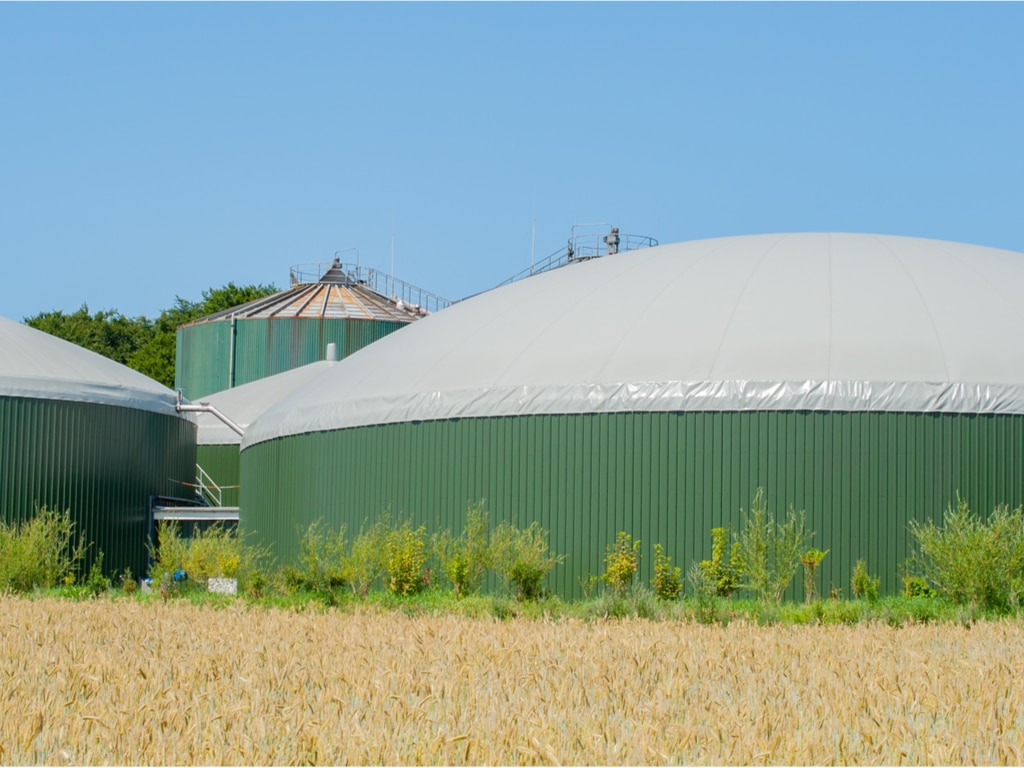The state-owned Tanzania Electric Supply Company (TANESCO) estimates the electricity needs of Mafia Island in the Pwani Region at 2,200 kWh. Currently, the 60,000 residents of Mafia meet a large part of this need (2,180 kWh) with generators, which emit carbon dioxide (CO2).
Read Also –
The project “Promotion of Waste-to-Energy (WtE) Applications in Tanzania’s Agro-Industries” initiated by the United Nations Industrial Development Organization (UNIDO), aims to improve the electricity supply on Mafia Island from renewable energy sources (biomass and biogas). The objective is to produce 1,400 kWh of electricity per hour. “Agro-industry was chosen because of its rapid scaling up and its potential to reduce greenhouse gas (GHG) emissions,” says UNIDO. It is expected that 1,054,341 tons of CO2 equivalent will be avoided with the implementation of the agro-industrial waste-to-energy project on the island of Mafia.
The Global Environment Facility (GEF) is co-financing the project with government institutions and ministries in Tanzania. According to UNIDO, more than $4 million of the $5.277 million needed for the project has already been released. The organization already supports Kisiwani Farming. The Tanzanian company is intensifying its use of coconut oil plantation residues to produce electricity through modular thermal gasification and to strengthen the power supply system of this Tanzanian island. “The company has 2700 hectares of plantations in Mafia, whose waste products can be used to produce small amounts of green energy,” says Robert Washija, UNIDO’s national project coordinator for energy and environment.
Read Also –
Through its project, UNIDO is also supporting the Government of Tanzania’s efforts to meet the electricity needs of its entire population. Thanks to hydropower and solar, the East African country has increased its access to electricity from 43 percent in 2017 to about 70 percent in 2020.
Inès Magoum
